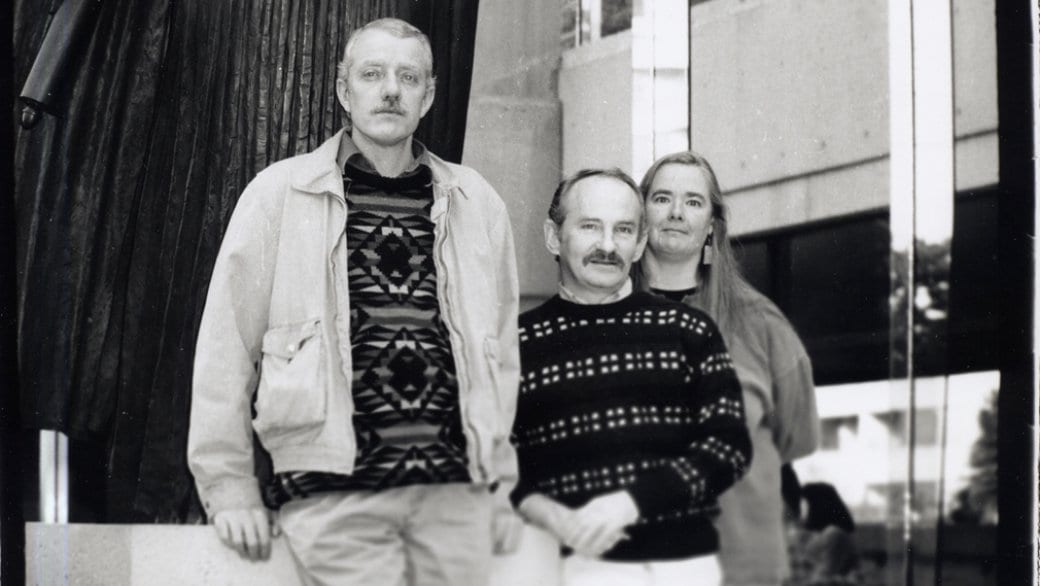LGBT groups were pleased to see that the federal government budget tabled March 22, 2016, granted a $12 million windfall to the Court Challenges Program, an independent agency that provides funding for minority groups to pursue equality challenges against provincial and federal governments.
The new funding reverses a controversial action of the first Harper budget, which eliminated federal support for the program in 2006. The Liberal Party had promised to reinstate the program’s funding in its election platform last year.
The Court Challenges Program dates back to 1978 and was originally tasked with supporting official language rights. It was expanded by the Mulroney government in 1985 after the Charter of Rights and Freedoms became law. Harper eliminated funding for all but language challenges.
As the government’s resources are virtually unlimited, mounting an adequate legal case through all levels of the court system can be prohibitively expensive for minority groups and individuals. Legal fees, research and expert witnesses can easily cost in the hundreds of thousands of dollars as a case winds its way through the courts.
LGBT activists had taken advantage of the Court Challenges Program to mitigate these costs in cases that successfully fought for equal rights and for same-sex marriage.
Vancouver’s iconic queer bookshop, Little Sister’s Book and Art Emporium, relied on Court Challenges Program funding for its years-long fight against the Canada Border Services Agency (formerly known as Canada Customs). The government agency was illegally seizing and destroying books, magazines and videos which Little Sister’s was importing to sell.
“Without the challenges program we would not have been able to go as far as we did,” says Ken Boesem, the current manager of Little Sister’s. “It’s paramount to have that in place because it is often David v Goliath.”
Boesem says the store still has materials seized by CBSA from time to time but, without access to funding from the Court Challenges Program, it has not been able to pursue further cases.
Egale, Canada’s national LGBT lobby group, benefited from access to the Court Challenges Program up to 2006, but has since had to rely on pro-bono lawyers to argue cases it has pursued, including a hate speech case that went to the Supreme Court and a case against the gay blood donation ban.
Helen Kennedy, Egale’s executive director, says the organization is currently involved in a Quebec case related to parental rights for trans people.
“We’re always looking. We do a legal scan of what could potentially impact the LGBT community through the courts,” Kennedy says. “We’ll certainly now have another look at those.”
Although Kennedy says the reinstatement of the program is good news, she adds that it would be better not to have to rely on the courts.
“We shouldn’t have to rely on the courts to advance our human rights,” she says. “These are political, legislative decisions that should be addressed.”
Still, Kennedy predicts that the LGBT community will have a better relationship with the Trudeau government than it had with the Harper Conservatives.
“The relationship with our community couldn’t get any worse from what it was,” she says. “Even the fact that the PM is walking in Toronto Pride is hugely symbolic for our community. And we’re looking forward to a positive relationship and partnership with respect to LGBTI issues for the remainder of their term.”


 Why you can trust Xtra
Why you can trust Xtra


